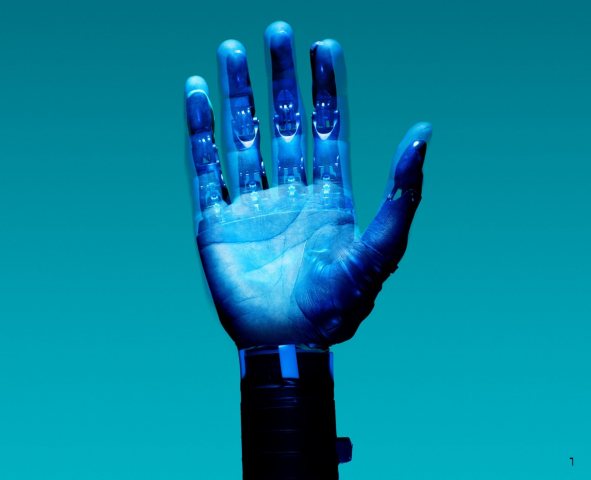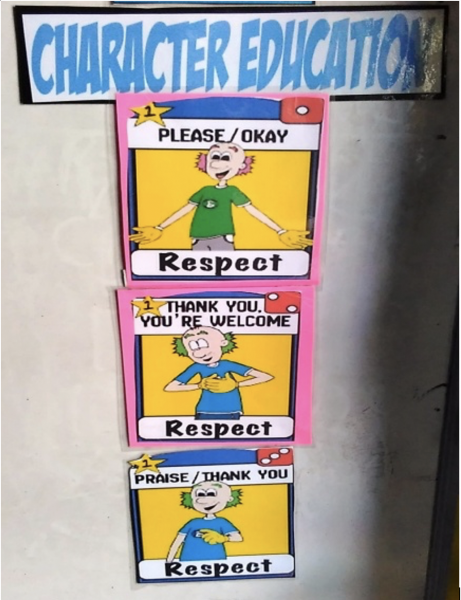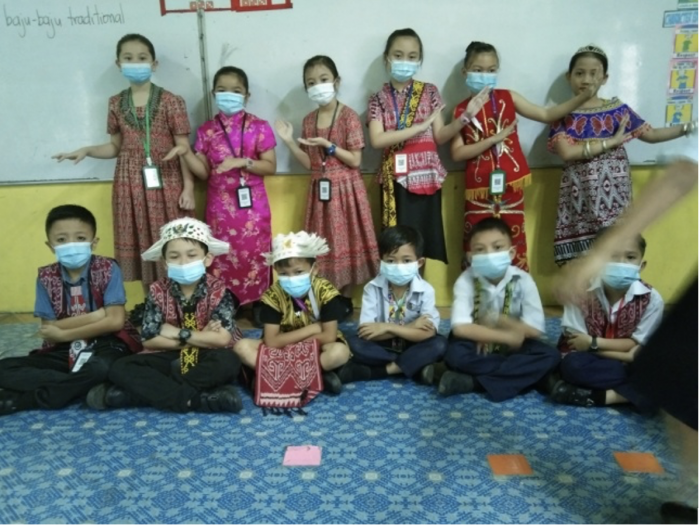
March 2021
This month's voice:
Lim Jia Lih, "Future-Proof Skills for My Rural Pupils"
Introduction
Lindsay Herron
Editor, KOTESOL Voices
I am always delighted when we can share the insights and perspectives of our international members--and I was doubly delighted to discover this month's featured voice, Lim Jia Lih, hailing from Sarawak, Malaysia, had chosen to explore her responses to the 2021 KOTESOL International Conference. The conference, which ran from February 19-28 this year, virtually connected hundreds of participants from more than twenty-five countries, encouraging the sharing of unique perspectives and ideas while uniting participants under the thematic umbrella of "Re-envisioning ELT Altogether, All Together." Reading Lim Jia Lih's words, I was proud, honored, and humbled to learn our organization's flagship event had managed to connect with her--and connect us to her--in such profound and inspiring ways. Linked via technology to presentations emphasizing humanity, capitalizing on technology's ability to facilitate human connections across vast distances and time zones, the 100% online conference showcased the possibilities of the internet while also being bound by its limitations. Ultimately, the themes and lessons of the conference resonate in Lim Jia Lih's reflections, underscoring a surprisingly simple truth: in a world of increasing automation, it is our humanity that sets us apart--and we can best serve our students by building on that. I hope you enjoy her piece as much as I did! (Be sure to read her biographical profile, too, as she describes the challenge of arriving in a rural school where she didn't speak the students' mother tongue!)
Future-Proof Skills for My Rural Pupils
Lim Jia Lih
Attending the 2021 KOTESOL International Conference’s perfect line-up of a futurist keynote and eight plenaries, I came to the conclusion that I must “future-proof” my rural pupils with humanly skills. The rapid development of technology has widened the gap of “technology poverty” here in rural Sarawak. Inequality is never good news for my rural pupils, who are often deprived of good internet connections unless they go out of their house and search for a signal by the river or up a tall tree. I’ve been deeply troubled by this disparity, which can cause them to be left behind in terms of technology and even education.
However, Gerd Leonhard’s keynote affirmed for me that technology is stupid, and it is just merely a tool. Sophia Mavridi’s plenary awakened in me an awareness of the complexity and the need for teaching digital literacy. Curtis Kelly’s “social brain” plenary reminded me of the main characteristics that make a human human. All the presentations, whether synchronous or asynchronous, exposed me to ways to use technology to replace a teacher’s routine work.
At some point, it came to my consciousness that I should not fight or chase technology. Every second, new applications are being developed that improve on old technology. Instead of chasing the ever-changing technology and applications, I should learn not to idolize the “perfect” tool. Instead, I am the greatest creation by God; I must rise above technology and not fear being left behind.
To all my rural pupils, you may lack technological skills, but you will not lack humanly skills. Ms. Lim is going to make sure you have the virtues, attitudes, social ability, and digital literacy to face the future world. Ms. Lim is going to make you more precious than technology with skills that no technology can possess: the skills that come with being HUMAN.
About the Author
Lim Jia Lih, commonly known as Ms. Lim to her pupils, teaches English and science (dual-language program) at a rural primary school in Sarawak, Malaysia. She is passionate about children’s literature, reading and literacy, and neuroeducation. She is also silver-certified from Whole Brain Teaching of America. Starting in June, Ms. Lim's conference presentation, "Parents' Readiness for Home-Based Learning in Rural Sarawak," will be available on the Korea TESOL YouTube channel.
Ms. Lim writes, "Sarawak is a Malaysian state on Borneo Island; Kapit is 436 km from Kuching, the capital city, and 126 km away from Sibu District. Starting on October 4, 2020, Kapit can be reached by road; otherwise, the main transportation is boat express. A majority of the people are indigenous Iban and Orang Ulu. This rural town is still lacking in good internet access.
"I was posted to a national Methodist primary school in 2018. This mission school was established by a few Methodist pastors. The first shock was that a majority of the Year 1 Iban pupils only conversed in the Iban language. As I could not understand the Iban language, I just nodded my head. Sometimes, I popped into the next class to ask the other teachers the meaning of a word. However, that's all history now. After three years of being immersed in the Iban language, I can proudly say that I am at the A2 level in Iban. Learning the language was the breakthrough that allowed me to connect with my students and immerse into their culture."
Whole Brain Teaching Character Education flashcards posted in the left-hand corner of the whiteboard

Year 2 Amanah (2020) wearing contemporary traditional costumes during Malaysia Day on September 16



